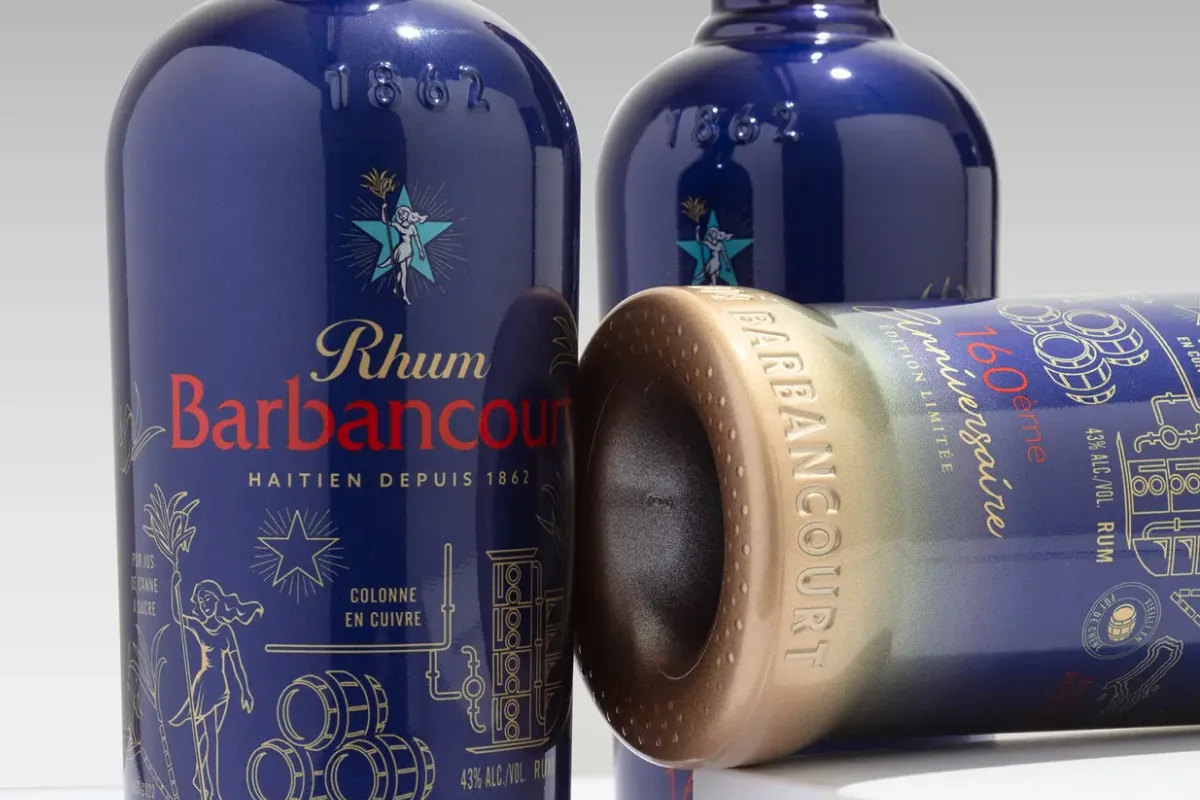The intersection of artificial intelligence and traditional craftsmanship has sparked innovation in various industries. One such exciting area is in the enhancement of glass bottles. From design to production, AI is changing the way we think about glass and its possibilities. In this blog, we’ll explore how AI is transforming the world of glass, enhancing both function and aesthetics.
Understanding AI and Its Role in Manufacturing
AI is revolutionizing manufacturing by optimizing processes and improving product quality. Here, we’ll delve into how AI technologies, like machine learning and automation, are being integrated into glass-making to enhance efficiency.
Imagine a factory where machines learn from each production cycle, continually refining their processes for better results. This is the promise of AI in manufacturing. By utilizing data analytics and real-time monitoring, manufacturers can identify inefficiencies, reduce waste, and improve overall productivity. The outcome isn’t just about numbers; it’s about creating products that meet higher quality standards with reduced resource consumption. As we progress in our understanding of AI, its role in glass-making will only expand, ushering in an era where precision meets creativity.
One specific advantage of AI is predictive maintenance— a technology that anticipates equipment failures before they occur. By combining sensors with AI, manufacturers can monitor glass-making machinery and predict when they might need repairs. This type of foresight helps in minimizing downtime and maintaining a consistent production schedule. With these advancements, the industry can look forward to a more streamlined operation that emphasizes quality and reliability.
The Art of Designing Glass with AI
With AI tools, designers can create intricate patterns and shapes that were once impossible to achieve. This section explores how AI algorithms assist artists in pushing the boundaries of creativity in glass design.
The collaboration between artists and AI is nothing short of magical. Imagine an artist brainstorming ideas while an AI program generates countless design variations in seconds. This symbiosis allows for rapid prototyping, where concepts can be visualized and refined much faster than traditional methods. The freedom to explore unconventional shapes and styles means that glass designers can take creative risks, knowing that AI will catch any flaws in functionality or design. Furthermore, artists can easily share and iterate on their ideas with teams, ensuring a collaborative environment that embraces innovation.
AI is not merely a tool; it’s a new medium for creativity. By analyzing existing designs and consumer trends, AI can suggest alterations that resonate with current markets while staying true to an artist’s vision. As a result, glass products become not only works of art but also tailored items that appeal to consumers. The future of glass design is one where each piece is not just functional but a statement of personal expression.
Enhancing Glass Bottles: The Benefits of AI Technology
Discover how AI is used to enhance glass bottles, making them not only more functional but also more appealing. We’ll look into smart features like self-cleaning surfaces and designs that cater to consumer preferences.
In the competitive world of packaging, standing out is essential. AI enables manufacturers to analyze consumer behavior, leading to designs that not only attract attention but also meet practical needs. For instance, consider a glass bottle designed with a unique grip that offers ease of use while being environmentally friendly. With AI’s capability to predict trends and user preferences, the result is not just a product but a tailored experience. Moreover, innovative coatings developed through AI research can make bottles self-cleaning, addressing consumer desires for hygiene and convenience.
The integration of smart technology into glass bottles is transforming the beverage industry. AI can optimize the bottle shape for better ergonomics while also enhancing the preservation of liquids. Imagine bottles that adjust to temperature changes, ensuring beverages remain at their ideal temperature. This blend of technology with traditional glass crafting paves the way for enhanced user experiences and durability, facts that consumers are becoming increasingly aware of and appreciative.
Challenges and Considerations in AI-Enhanced Glass Production
While AI presents numerous benefits, it also poses challenges such as cost, expertise, and maintaining the touch of traditional craftsmanship. We’ll discuss these issues and potential solutions to ensure harmony between technology and artistry.
Indeed, the road to fully integrating AI into glass production is not without its hurdles. For many companies, the initial investment required for AI technology can be daunting. However, it’s crucial to view this as not merely a cost but an investment into the future that can yield significant returns in efficiency and creativity. The key lies in demonstrating the long-term benefits that smart technology can offer, justifying the upfront expenditure.
Expertise is another factor that can hinder the adoption of AI. With rapid technological advancements, many glass makers may find themselves needing retraining to fully harness AI capabilities. Companies must prioritize skill development and foster a culture of continuous learning where employees can adapt alongside technology. This commitment ensures that the artistry of traditional glass-making doesn’t get lost but rather enriched by the insights provided by AI.
Lastly, the emotional connection to craftsmanship remains vital. While automation can enhance precision, the touch and feel of handcrafted pieces are irreplaceable. Striking a balance between utilizing AI for efficiency while maintaining the distinct essence of artisanal glass is key. Embracing AI doesn’t mean diminishing traditional methods; rather, it involves using technology to elevate these techniques to a new level of sophistication.
Reflecting on the Future of Glass and AI
As we’ve seen, the fusion of AI and glass technology is paving the way for a more efficient, beautiful, and sustainable future. From smarter designs to improved manufacturing processes, the potential is limitless. Embracing these advancements not only elevates the glass industry but also offers consumers more innovative and environmentally friendly products. The future of glass, enriched by AI, is indeed bright.




